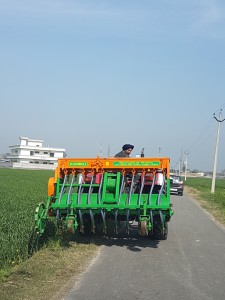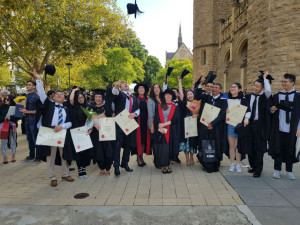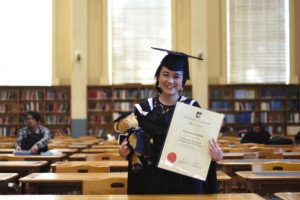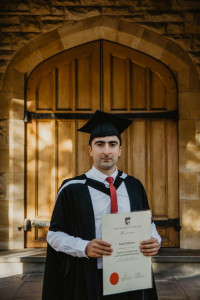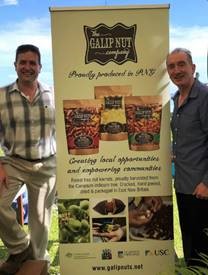A Centre for Global Food and Resources (GFAR) project funded by ACIAR has been featured under the Sustainable Development Investment Portfolio (SDIP) program.
Under the development assistance program in south and west Asia, the Department of Foreign Affairs and Trade (DFAT) has launched the Sustainable Development Investment Portfolio (SDIP) , which aims to improve the integrated management of water, energy, and food in three major Himalayan river basins – the Indus, Ganges and the Brahmaputra – covering eastern Afghanistan, Pakistan, northern India, Bangladesh, Nepal and Bhutan. With an investment of $46 million, the SDIP leverages Australia’s expertise in food, water and energy sectors and is delivered through a consortium of Australian and South Asian partner agencies. The Australian Centre for International Agricultural Research (ACIAR) is a major partner in the SDIP along with Commonwealth Scientific and Industrial Research Organisation (CSIRO), International Centre of Excellence in Water Resources Management (ICE WaRM), International Centre for Integrated Mountain Development (ICIMOD), World Bank—South Asia Water Initiative Phase II (SAWI), International Finance Corporation (IFC) and The Asia Foundation (TAF).
ACIAR aims to contribute to the program by bringing together the ‘big picture’ related to sustainable food systems; creating space for regional engagement, demonstrate field to policy links; and showcase relevant institutional models. The first featured project under this program is titled ‘value chain and policy interventions to accelerate zero-till adoption across the Indo-Gangetic plains’ focuses on examining how adoption of zero-till (ZT) seed drills can be accelerated to help reduce stubble burning and boost sustainable food production in North-West India and the eastern Gangetic plains.
Activities undertaken in the project so far include three inception workshops across the focus areas in Punjab, West Bengal and Bangladesh. A value chain analyses of the Happy Seeder and Zero-Till drill, which was followed up with focus group discussions and an extensive farm household survey. The outcomes of the field activities will inform policy recommendations and development of pathways to enhance adoption of these conservation agriculture technologies in the region.
The GFAR project team comprises Prof. Wendy Umberger, Dr. Adam Loch, Dr. Jay Cummins, Mr. Rohan Yargop and Dr. Alec Zuo.
For more information, visit our website

